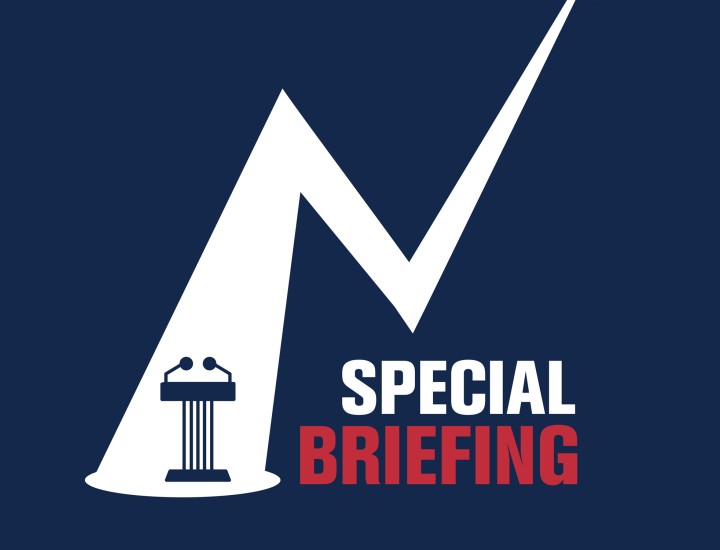
Effective Fiscal Federalism
As more than $5 trillion in federal pandemic emergency aid to the US economy comes to an end, states and localities are confronting immense challenges that are increasing in urgency, complexity, and cost, including closing the nationwide housing gap, ameliorating the impact of climate change, and rebuilding deteriorating infrastructure.
Yet there are reasons for optimism. The COVID-19 pandemic and funding response over the past four years pushed states, localities, and federal agencies to collaborate and communicate in ways many government stakeholders and policymakers had not experienced. It was an unplanned national experiment that yielded many lessons about intergovernmental relationships. Now, practitioners at all levels have an opportunity to institutionalize the promising practices that have emerged. The pandemic years also reinforced the need for states and localities to deploy proven best-practice budgeting strategies to ensure fiscal health and uninterrupted service delivery over the long term.
Lessons and opportunities coming out of the pandemic years was the focus of the second Richard Ravitch Public Finance Initiative Symposium, convened by the Volcker Alliance and hosted by The Pew Charitable Trusts in Washington, DC, on September 17, 2024. Named for the late New York State Lieutenant Governor and Alliance Director, the Symposium brought together current and former senior federal, state, and local government officials, government association leaders, municipal bond market investors, and policy experts to discuss lessons learned during the pandemic and propose solutions to improve the federal-state-local fiscal relationship. This report summarizes and expands on key themes that emerged through the Symposium’s discussions.
About the Richard Ravitch Public Finance Initiative
The central goals of the Richard Ravitch Public Finance Initiative are twofold: (1) encourage implementation of effective federal strategies and actions to promote sustainable fiscal practices at all levels of government; and (2) train and educate Congressional and Executive Branch leaders about the imperative of heightened oversight of state and local budgets and finances. The initiative will play a key role in catalyzing federal action to improve state and local budget practices that present looming risks to the federal system and economy.



